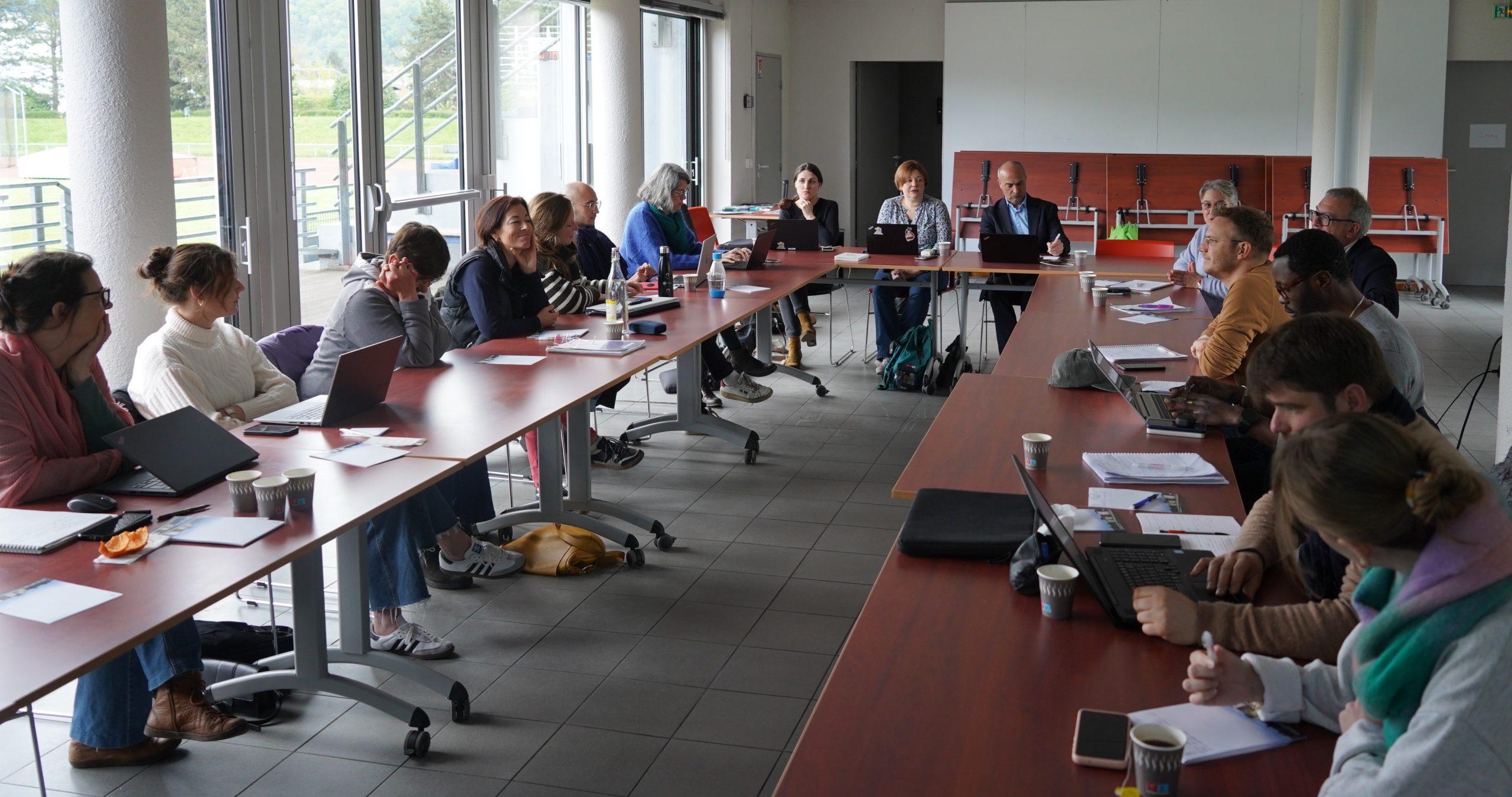How to finance the energy transition? Albertville has a solution!
Allocating savings achieved through energy sufficiency in your budget to fund similar initiatives.
How do you invest without putting a strain on an increasingly tight budget? It’s a dilemma faced by most local authorities, sometimes leading them to make impossible political choices between energy efficiency upgrades of public buildings and child welfare, for example… Yet there’s a flexible and appropriate accounting tool that few still use, and which can help them solve this headache: intracting, or energy-saving funds.
The city of Albertville in France, member of Energy Cities since 2018, has long been confronted with the issue of energy: it benefits from many municipal assets resulting from the 1992 Winter Olympics, but which are veritable energy pits. Energy is the municipality’s second biggest expense in Albertville, after personnel costs.
Among other strategic actions such as the creation of a wood-fired heating network and the roll-out of a school renovation plan, the city responded in 2017 to a call for projects by the French National Energy Agency (ADEME) and La Banque des Territoires (a French public financial institution) focusing on the financing of energy renovation.
It’s at this occasion that Sandrine de Ternay, Director of Finance at Albertville, heard for the first time about intracting (standing for “internal performance contracting”) and how this mechanism had been created and successfully implemented by the city of Stuttgart. As a finance person, she immediately understood the sense and interest of this innovative approach, as well as all its potential for her own city. As she likes to say: “All we had to do was think about it!”
Sanctarised energy savings
The principle? Sanctarise the savings generated by energy sufficiency actions in a budget allocated to actions of a similar nature. “It’s a simple management tool,” Sandrine explains, “a budget line that makes it possible to carry out, little by little, actions that are usually postponed until later. This rapid payback has enabled us to completely relamp our schools and gymnasiums and modernise our public lighting in record time.” With an initial outlay of just under €120,000 in 2019, the municipality has been able to invest until now €1.7 million in some sixty energy-saving actions over the period 2019-2024 and will have more than €600,000 to invest for 2025!
Savings directly reallocated to new saving measures
In practical terms, each municipal department bringing an energy saving project idea, signs an agreement with the finance department detailing the use of the intracting fund to finance their project and calculating the expected energy savings, which can then be reallocated to other actions.
“We’re reaping the rewards of our efforts,” says Damien Meignan, Director of Technical Services. Our energy-saving and efficiency initiatives – such as the refurbishment of public lighting and the roof insulation of the municipal technical centre – have enabled us to plan other interesting actions. It’s very motivating for our teams. Since 2019, we’ve been ramping things up, with limited actions at first, culminating in the installation of photovoltaic panels on a school by the end of this year!
This was unimaginable at the outset. It encourages departments to innovate, because their initiatives are rewarded and considered, since it’s a very flexible system of proposals/approvals between a department and the finance department, which manages the budget.”
A partnership approach
A principle of cooperation governs the design of a budget to implement a project with the finance department: nothing to do with the free-for-all that can constitute the annual budget arbitration where everyone has to prove their worth towards – and sometimes against – the others.
“Of course, it’s a healthy battle,” admits Frédéric Burnier-Framboret, mayor of Albertville since 2017 and one of the initiators of the approach, “but intracting is about working together. It’s a partnership approach between technical services and the finance department, a source of exchange and respect, but also of results that benefit everyone.
And it often removes obstacles. Electric vehicles, for example, were not very popular in our mountainous regions, where temperatures put a strain on batteries. But as soon as the fuel savings made it possible to recover a budget to better equip the roads department, the brakes came down. This leverage effect is very rapid and automatic. It makes it possible to plan ahead, to commit to a policy over several years and reap the rewards: it’s a win-win situation for everyone, from elected representatives to residents, municipal agents and management teams.”
An inspiring example for many other cities
Year after year, the city of Albertville is gaining recognition, in France but also at EU level, for this innovative and successful way of increasing its financial autonomy and capacity to act for the energy transition. In September 2023, Albertville was thus awarded the AFIGESE (French national association of cities’ financial managers) innovation prize, and in the last years, Sandrine de Ternay has been involved in several exchange groups and programmes, sharing her expertise and enabling other cities to replicate this financing mechanism.
This was for example the case in a training-action programme organized in 2023-2024 by AURA-EE (the Regional Energy Agency of Auvergne-Rhône-Alpes) with the CEREMA and the ACTEE programme, and with the support of Energy Cities’ H2020 PROSPECT+ capacity-building programme, thanks to which the cities of Nevers, Grenoble and Rive-de-Gier are now setting up their own intracting funds. This training programme is expected to expand in a near future to all French cities and will provide them with a set of resources and toolkits for replication. In the framework of PROSPECT+, Albertville could also share its experience with the Belgium cities of Ghent, Antwerp, Etterbeek and Jemeppe-sur-Sambre, as well as with Zagreb and Kharkiv in a previous edition of the project.
For the future, Albertville would like to open up the intracting mechanism to areas other than energy. “We’d like to finance work on forests and urban renaturation based on the same philosophy,” explains Sandrine de Ternay, “but we still need to put a figure on the benefits of biodiversity in terms of well-being, avoiding health costs, etc. We’re working on it!”
An original version of this article was published in French on the website of AURA-EE: https://www.auvergnerhonealpes-ee.fr/actualites-regionales-et-nationales/actualite/comment-financer-la-transition-energetique
Prospect+ Project in Albertville





